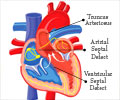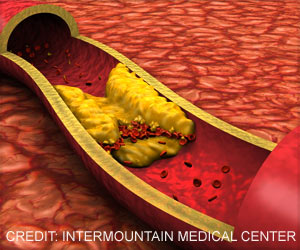Men and women have a similar lifetime risk of heart disease. However, women, on average, develop heart disease 5-10 years later in life than men.

‘A lower socioeconomic status, compared to a higher, is associated with a higher risk of cardiovascular disease for both sexes.’





The findings showed that a lower socioeconomic status, compared to a higher, is associated with a higher risk of cardiovascular disease for both sexes, but women from more disadvantaged backgrounds were relatively more likely to suffer from coronary heart disease than similarly affected men. However, the study found no difference found for stroke.
"Our study has shown there is a significant difference between the sexes - more disadvantaged women are suffering from heart disease than their male counterparts, which is concerning," said Sanne Peters, research student at The George Institute for Global Health, in Britain.
Further, men and women have a similar lifetime risk of heart disease. However, women, on average, develop heart disease 5-10 years later in life than men. This advantage is smaller among women with a lower socioeconomic status.
For the study, the team examined data from 22 million people from North America, Europe, Asia and Australasia. The results demonstrated a need for tailored interventions for women to address the gender gap and deliver the best possible care.
Advertisement
The study was published in the Journal of Epidemiology and Community Health.
Advertisement














